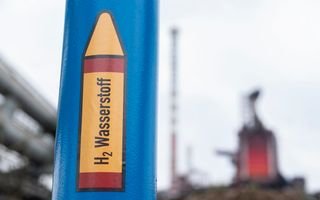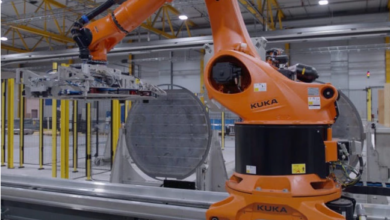German steelmakers thyssenkrupp Steel, HKM to explore hydrogen with Port of Rotterdam
The partnership may serve as a framework for additional initiatives and consider the partners’ other existing projects.

German steelmakers’ thyssenkrupp Steel and Hüttenwerke Krupp Mannesmann (HKM), along with the Port of Rotterdam, will explore the opportunity to develop an international hydrogen supply chain.
The partners will study importing hydrogen via Rotterdam and the possibility of shipping hydrogen through a pipeline from Rotterdam to Duisburg, where thyssenkrupp Steel and HKM plants are located. The partnership may further build-up upon various initiatives and projects in which they have already involved.
The trio agrees that new cross-border infrastructure is required to support the energy transition, particularly additional pipeline structure. Hydrogen has now been considered a serious alternative to coal for green steelmaking, with carbon capture an additional option. Given that Rotterdam is Europe’s largest port and Duisburg is Europe’s largest steel site, the partnership would be highly beneficial for both the steel industry and the hydrogen markets.
thyssenkrupp Steel and HKM are expected to need a substantial amount of hydrogen to make steel without coal. Both companies have been importing coal and other steelmaking raw materials through their terminal in Rotterdam to feed their blast furnaces in Duisburg.
The Port of Rotterdam is already exploring the import of hydrogen from other parts of the world. Green hydrogen is a sustainable alternative to coal, oil and natural gas. The port is also building a carbon transport and storage system, Porthos. It is considered as a CO2 storage site for the production of blue hydrogen by the “H2morrow steel” project, in which thyssenkrupp is also a partner.
